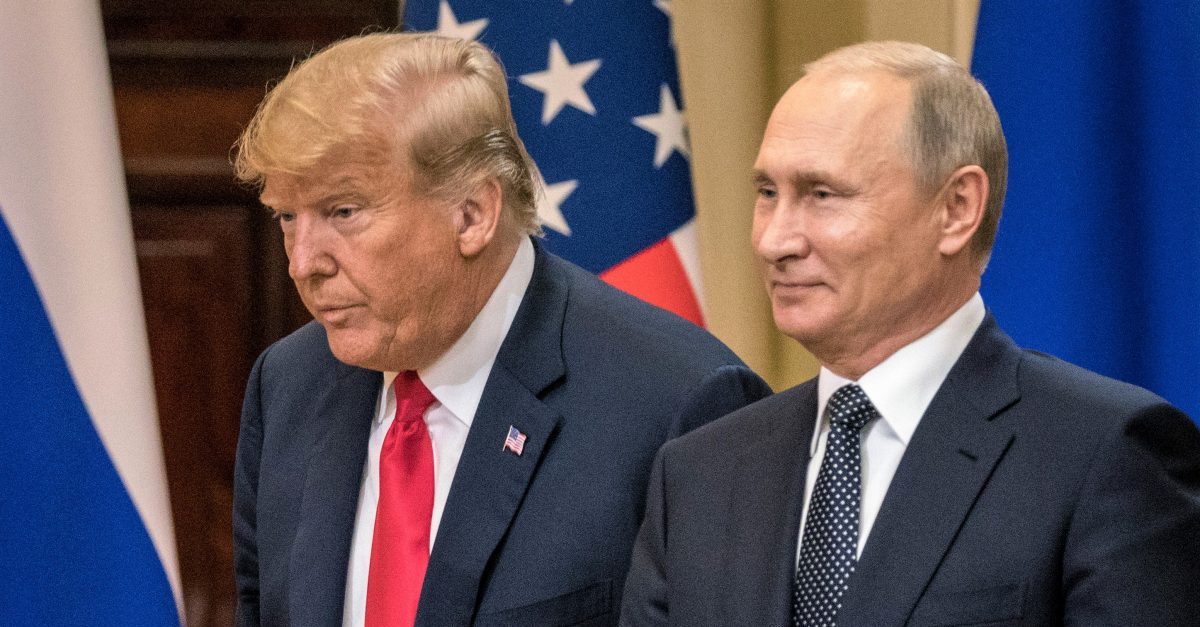
The U.S. military is preparing for the eventuality that Russia, undeterred by the findings of the U.S. intelligence community and a special counsel, will once again interfere in an upcoming presidential election.
Although a military cyber operation could “target senior leadership and Russian elites” in response, Russian President Vladimir Putin probably wouldn’t be among the targets because that would be “too provocative,” the Washington Post reported on Christmas Day. This information about U.S. Cyber Command’s development of “information warfare tactics” comes from current and former U.S. officials.
The purpose and scope of such operations:
The new options contemplate targeting key leaders in the security services and the military and potentially some oligarchs. The messaging would be accompanied by a limited cyber-operation that demonstrates the Americans’ access to a particular system or account and the capability to inflict a cost, said individuals familiar with the matter. The message would implicitly warn the target that if the election interference did not cease, there would be consequences.
The options do not envision any attempt to influence Russian society at large, which officials saw as having limited success given Putin’s control of the country, including much of the media.
Legal experts are now focusing their attentions on “gray zone” security challenges, which have been defined as “competitive interactions among and within state and non-state actors that fall between the traditional war and peace duality […] characterized by ambiguity about the nature of the conflict, opacity of the parties involved or uncertainty about the relevant policy and legal frameworks.”
What do you call a cyber operation conducted by the Department of Defense meant to deter a demonstrably hostile power (Russia, Iran, China, North Korea) from continuing its interference operations? A covert … military action? That’s not what Congress called it when it authorized Cyber Command “to take appropriate and proportional action in foreign cyberspace to disrupt, defeat, and deter such attacks.” Congress said it would fall under a “traditional military activity.”
Inquiring minds want to know how such authority to conduct “traditional military operations” in cyberspace will conflict with the work of other U.S. agencies.
[Image via Chris McGrath/Getty Images]